TMS Therapy Near Me connects patients across the U.S. with specialized TMS treatments for post-traumatic stress disorder (PTSD) through our comprehensive database of qualified practitioners. These non-invasive procedures have shown remarkable success in modulating neural activity associated with trauma-related symptoms. Modern TMS technologies allow for precise targeting of specific brain regions, offering hope for those who have not found relief through conventional treatments. Advanced protocols and personalized approaches have made this innovative therapy increasingly effective for managing PTSD symptoms.
TMS Therapy for PTSD

TMS Therapy Near Me connects patients across the U.S. with specialized TMS treatments for post-traumatic stress disorder (PTSD) through our comprehensive database of qualified practitioners. These non-invasive procedures have shown remarkable success in modulating neural activity associated with trauma-related symptoms. Modern TMS technologies allow for precise targeting of specific brain regions, offering hope for those who have not found relief through conventional treatments. Advanced protocols and personalized approaches have made this innovative therapy increasingly effective for managing PTSD symptoms.
Transcranial magnetic stimulation (TMS) is a non-invasive treatment that uses magnetic pulses to stimulate specific areas of the brain associated with PTSD. During the procedure, an electromagnetic coil is placed against the patient’s scalp to deliver pulses that can activate or inhibit specific neural pathways involved in trauma processing and emotional regulation. This advanced therapy consists of multiple sessions, with many people receiving treatment five days per week for four to six weeks. Each visit lasts 3 to 40 minutes, and patients remain awake and alert throughout the procedure.
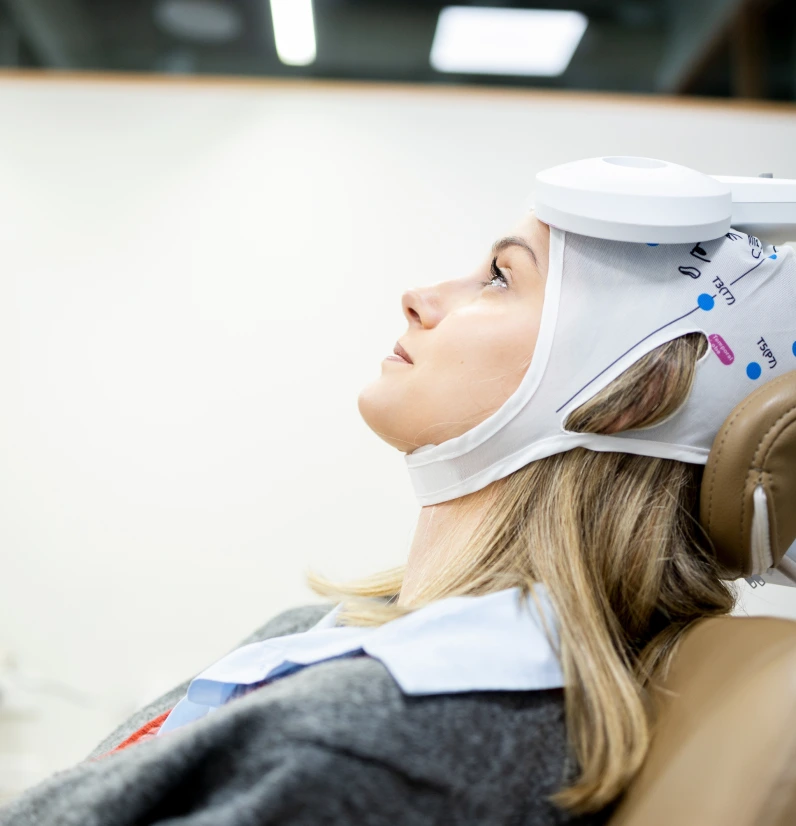
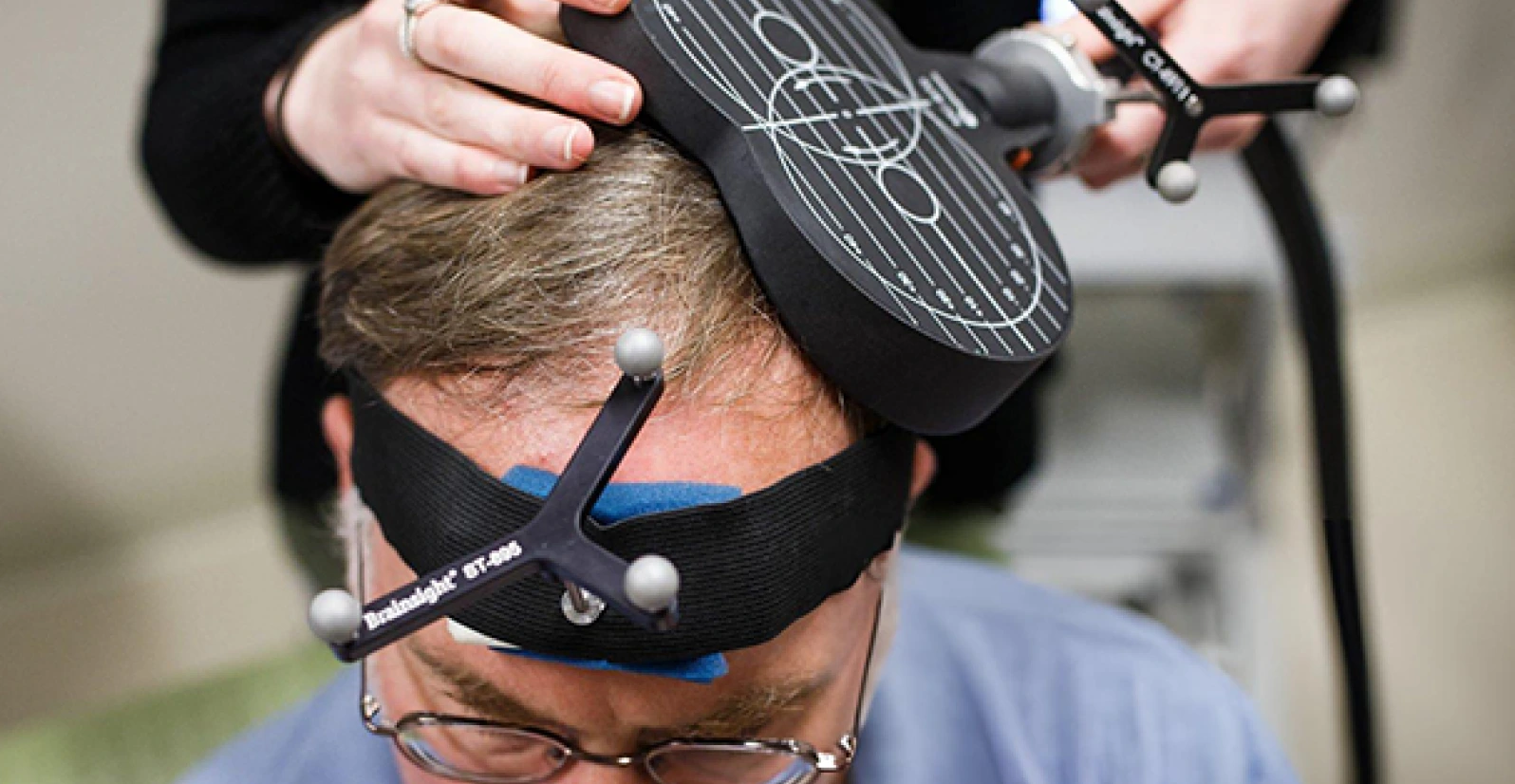





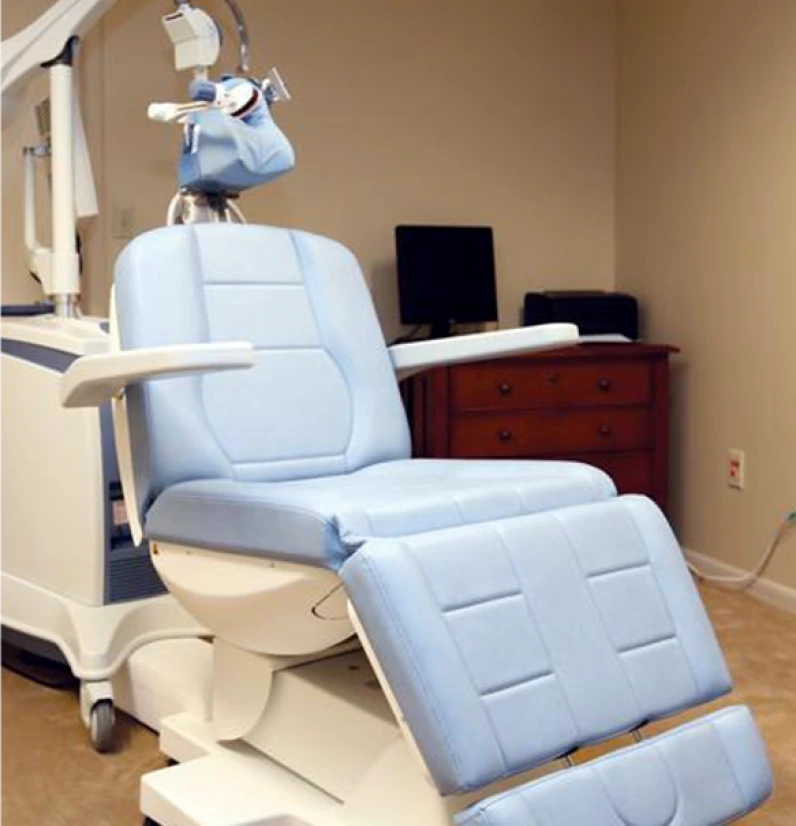
Serious side effects are rare, but in very few cases, TMS might trigger seizures in people with a history of epilepsy or other neurological conditions. Qualified providers from our database screen each patient for these risk factors and rule out potential complications. As the brain adapts to repeated stimulation, most side effects diminish, allowing people to complete their treatment course with increasing comfort.




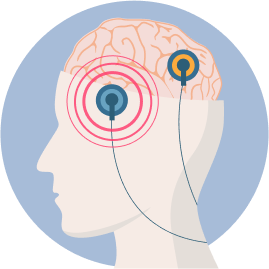
Many individuals with PTSD also experience anxiety disorders, which can further impair daily functioning. TMS has demonstrated high effectiveness in reducing excessive fear responses and promoting a calmer mental state. A systematic review and meta-analysis conducted by Cirillo et al. (2019) highlights the role of this therapy in modulating brain activity associated with both PTSD and anxiety-related conditions, offering relief for individuals struggling with multiple symptoms.






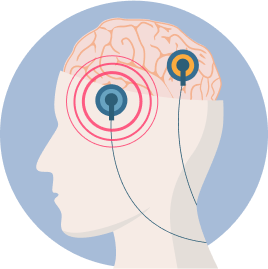

Explore our extensive database today to find a trusted TMS practitioner nearby and take the next step toward effective treatment.